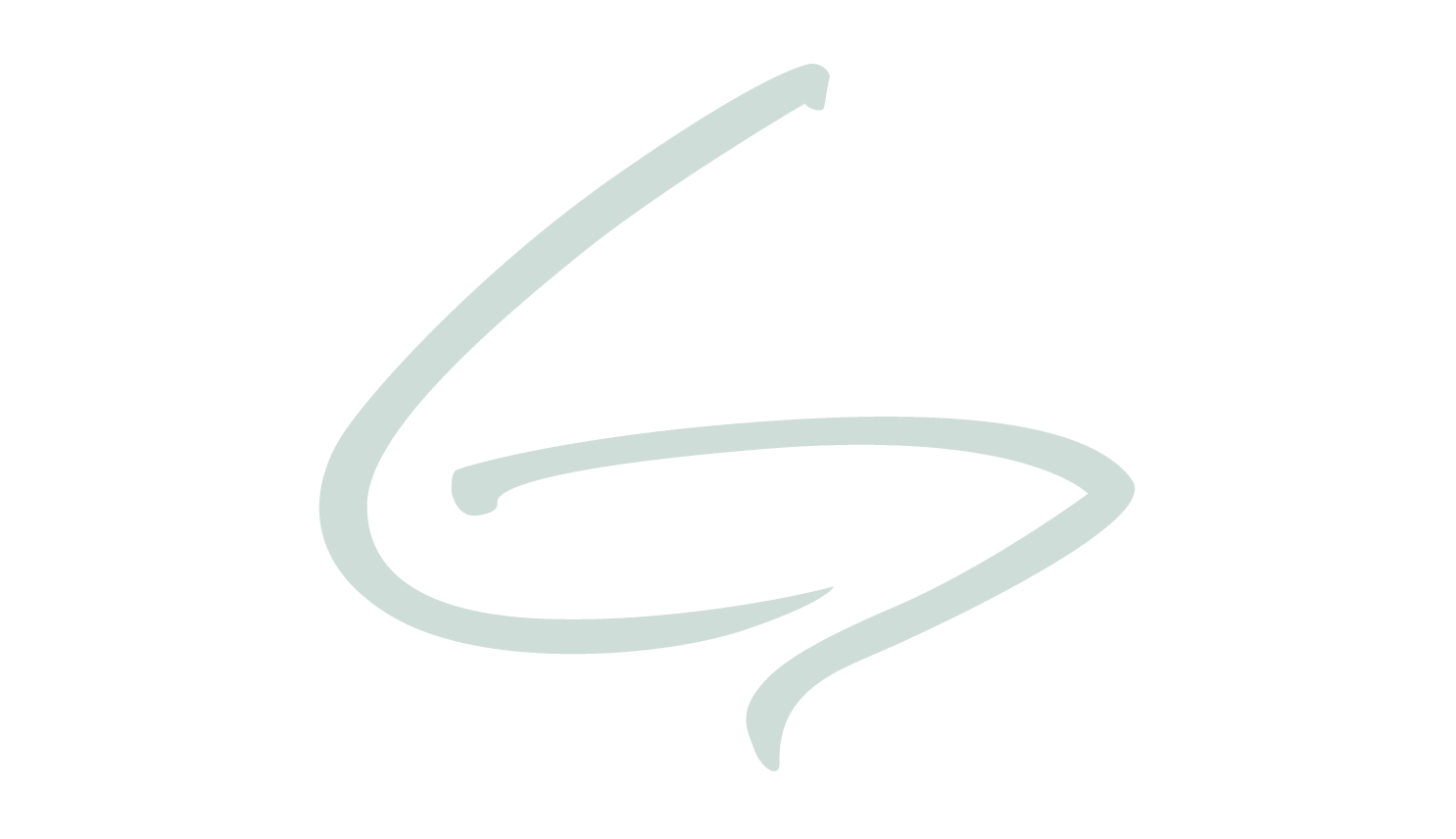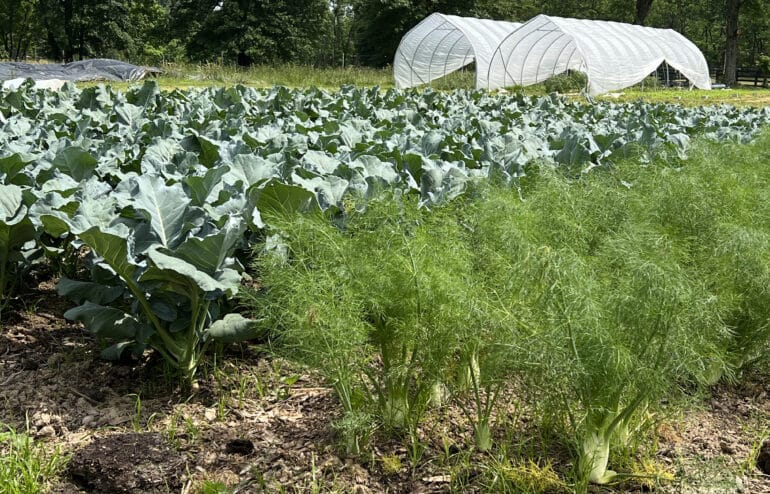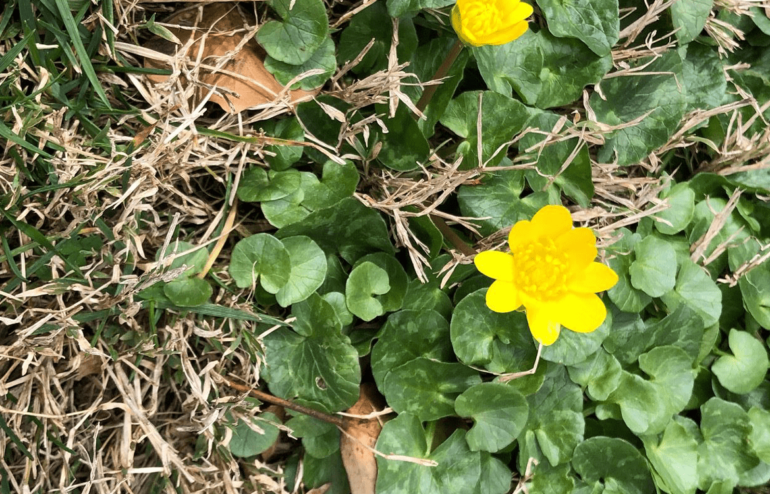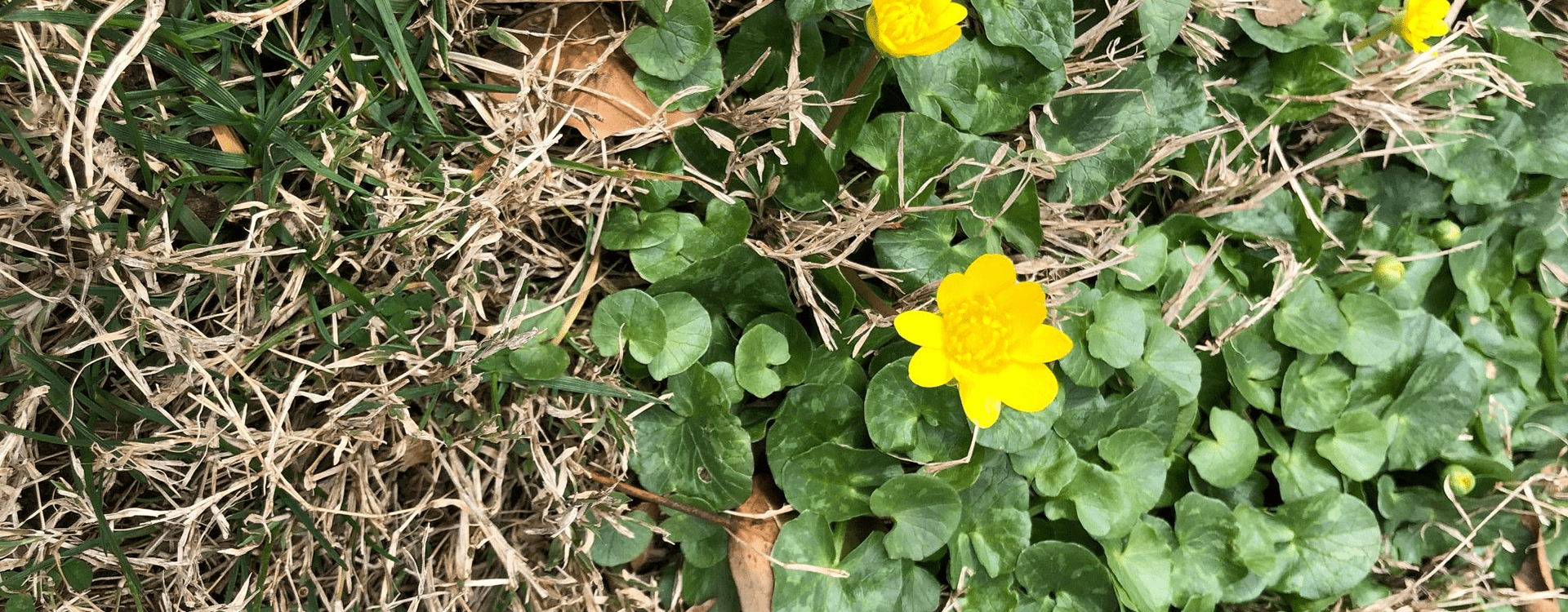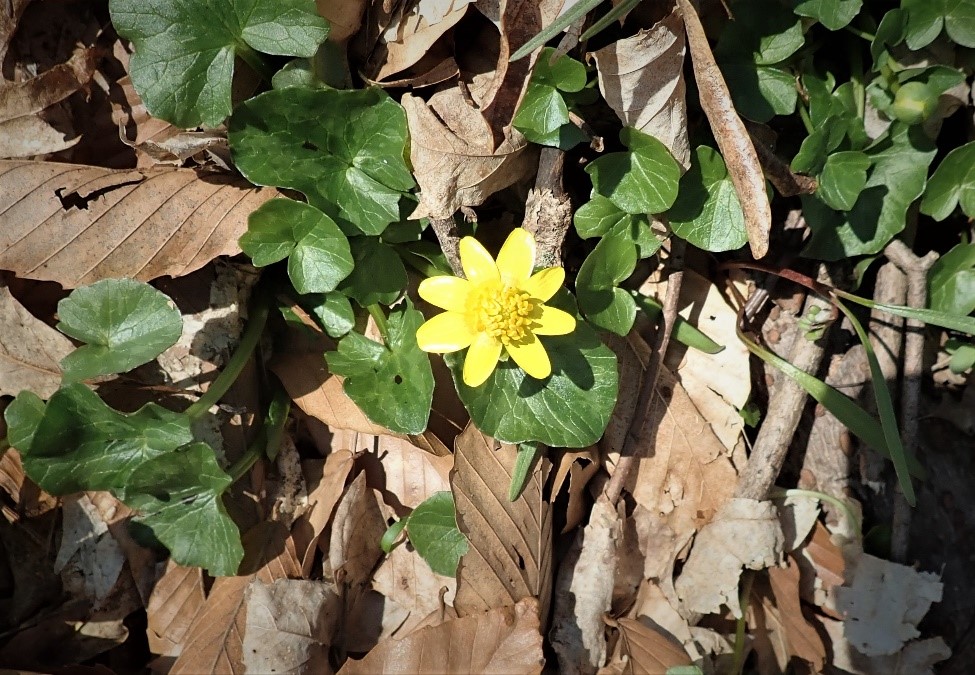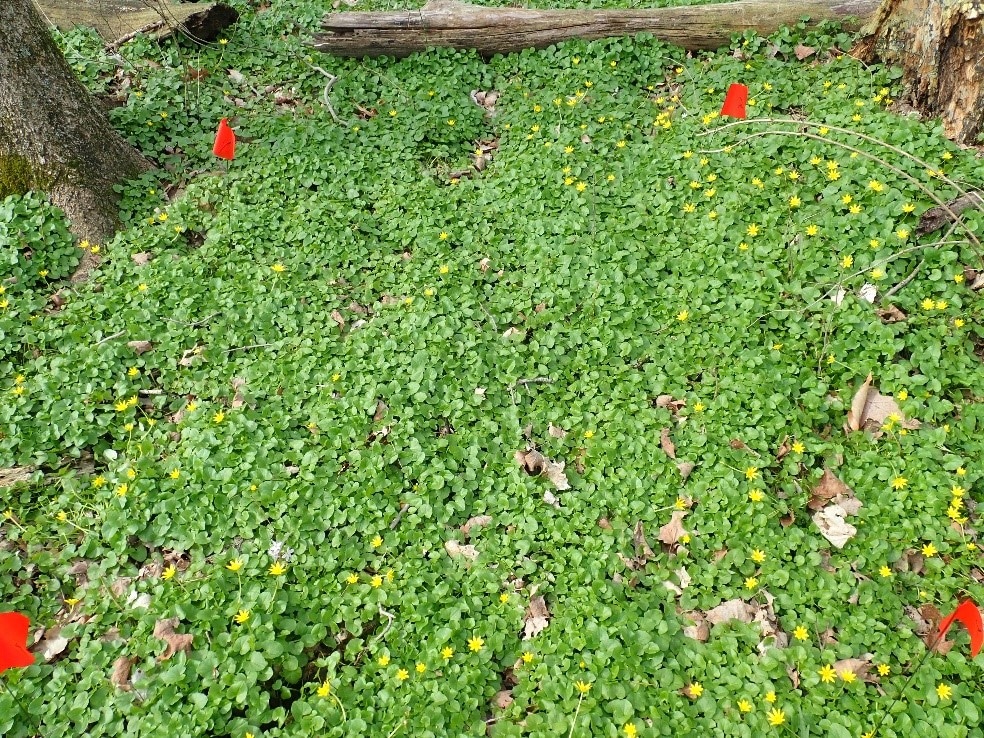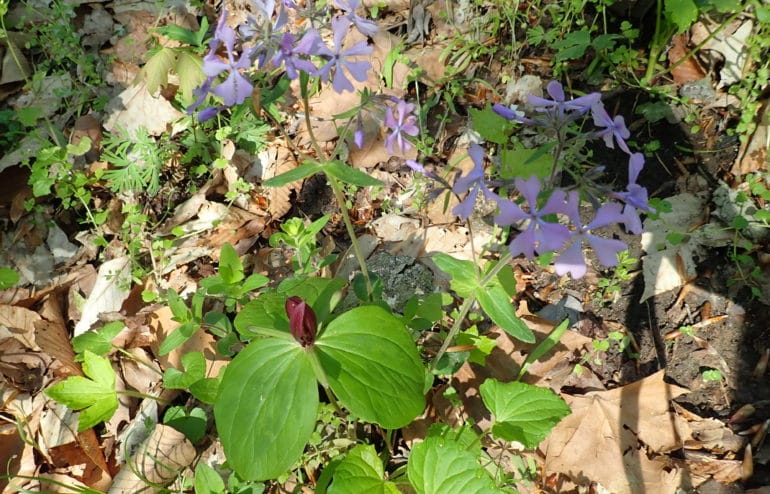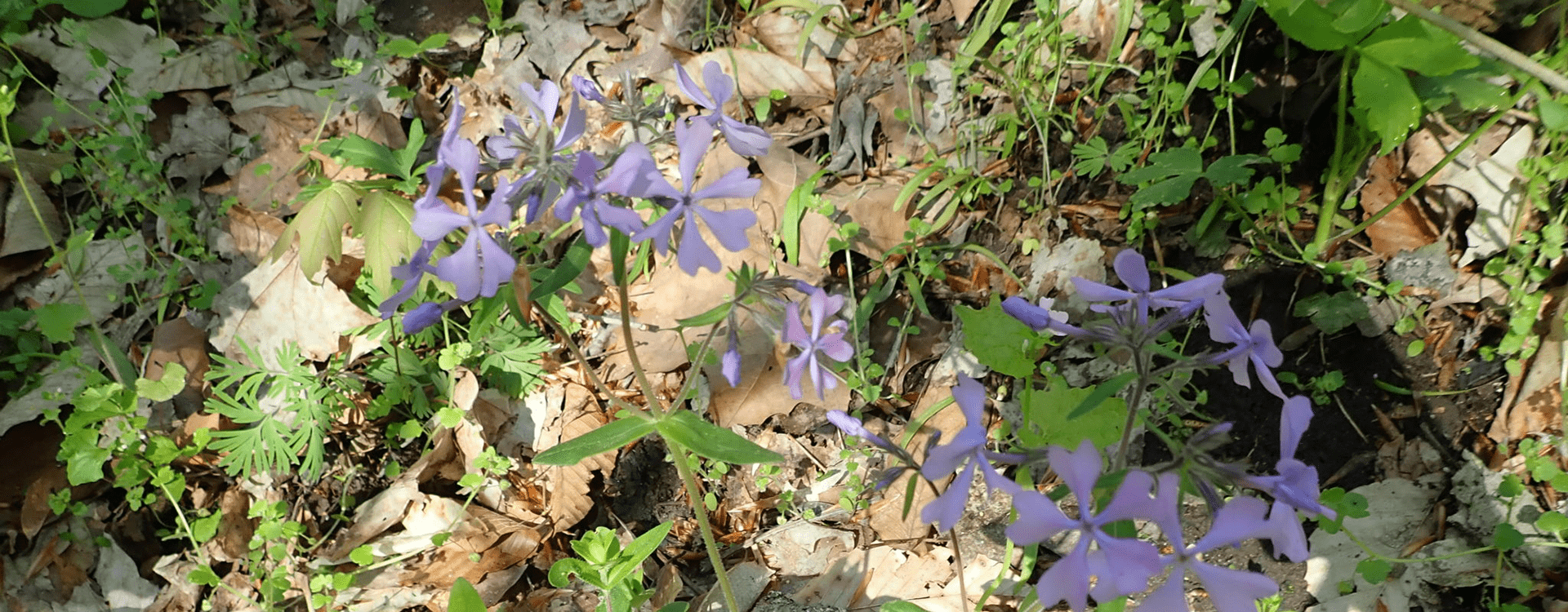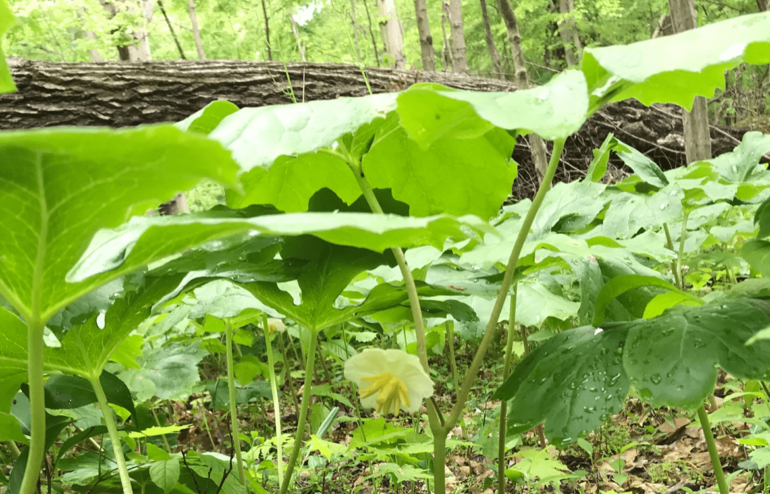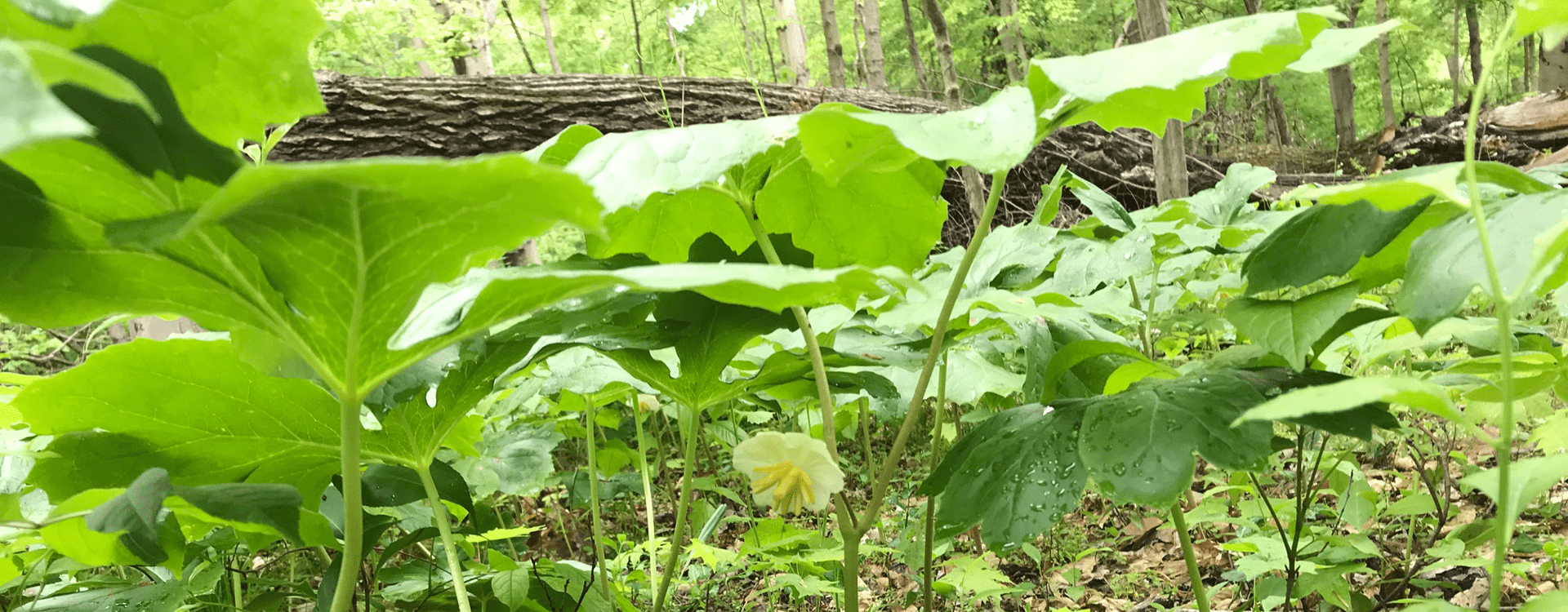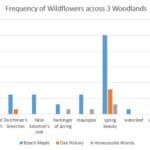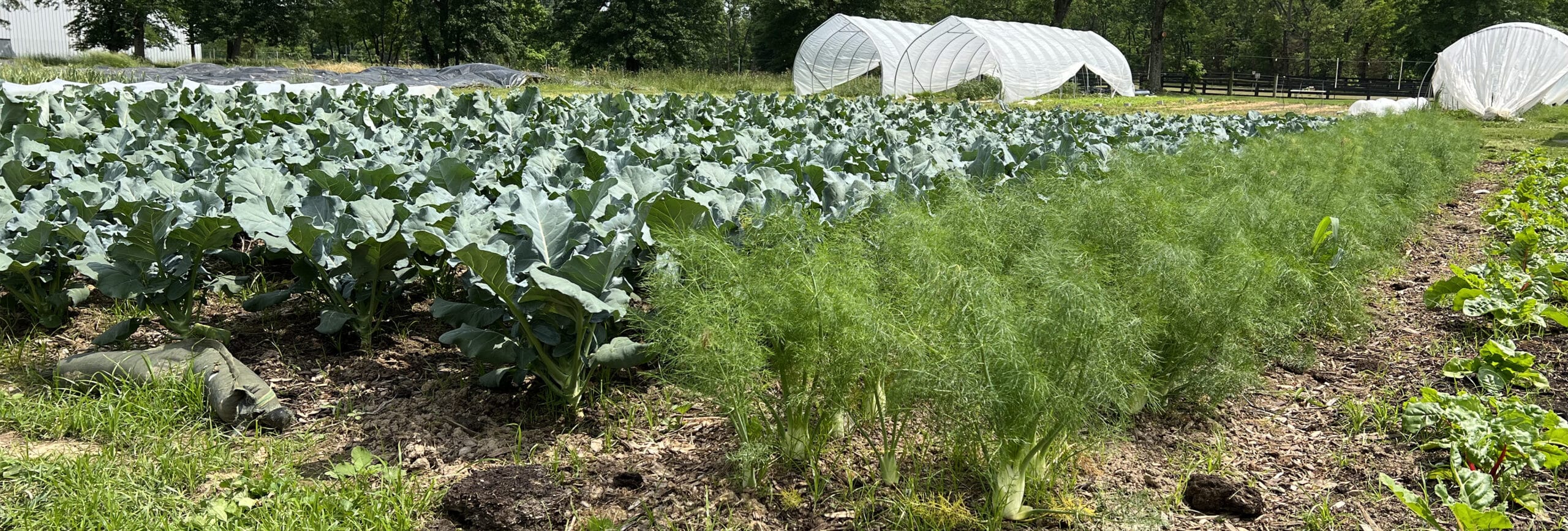
Indian Hill Product Availability – old
We are excited to welcome you to our new Farm Market, across the street at 8300 Spooky Hollow Road.
You may shop in store or order in advance.
Email us at farm@green-acres.org
or call us at 513-891-4227 then press extension 1
Regular Hours: Tuesday – Friday 10:00-5, Saturday 9-2
Flowers
Vegetables
- Cabbage (green, purple, savoy, tender sweet $2/lb)
- Fennel ($4/each)
- Garlic ($7/lb)
- Kohlrabi ($4/lb)
- Napa Cabbage ($6/each)
- Red Radish ($3.50/lb)
- Squash (Acorn, black Futsu, Butternut, Koginut, Tetsukabuto $2/lb)
- Watermelon Radish ($3/lb)
Root Vegetables
- Beets (red/gold $4/lb)
- Carrots ($6/lb)
- Onions ($2/lb)
- Turnips ($4/lb)
Leafy Greens and Herbs
- Kale (Curly, Lacinato $4 per 1/2lb)
- Lettuce Mix ($6 per 1/2lb)
- Spinach ($6 per 1/2lb)
- Fresh Herbs (cilantro, dill, parsley, rosemary, thyme $3/each)
- Microgreens ($4/each)
Pasture Raised Meats and Eggs
Our hens live outdoors on pasture, in a fully mobile chicken coop that is moved to fresh grass regularly. They are provided a corn and soy free supplemental feed. If you want to learn more about our mobile chicken coop, click here to see a video!
Please note: All our meats are frozen.
100% Grassfed, Grass Finished Lamb
- Ground ($11/lb)
- Leg of Lamb (bone-in or boneless $16/lb)
- Loin Roast (boneless approx. 1/2lb each $24/lb)
- Rib Chops (4 per pkg $20/lb)
- Shank ($8/lb)
- Shoulder Roast ($12/lb)
- Stew ($12/lb)
Lamb Offal:
- Bones ($5/lb)
100% Grassfed, Grass Finished Angus Beef
- Back Ribs ($9/lb)
- Brisket ($9/lb)
- Ground Beef ($8.50/lb)
- NY Strip Steak ($22/lb)
- Ribeye Steak ($22/lb)
- Shank ($8/lb)
- Short Ribs ($9/lb)
Beef Offal:
- Heart ($7/lb)
- Suet ($3.50/lb)
- Tallow ($18 per quart)
Woodland Raised Berkshire Pork
- Ham Slices ($8/lb)
Pork Offal
- Caul Fat (lacy net of fat, try wrapping around a lean cut like a loin roast or a whole chicken, to baste while roasting! $6/lb)
- Kidneys ($2/lb)
- Rendered Lard (Sale $12 per quart)
Pasture Raised Turkey
- Whole Turkey ($5/lb)
Pasture Raised Chicken
- Backs ($3/lb)
- Chicken Patties (plain $7.25 per pkg)
- Chicken Sausage Links (Sweet Italian $7.25 per pkg)
- Party Wings ($4/lb)
